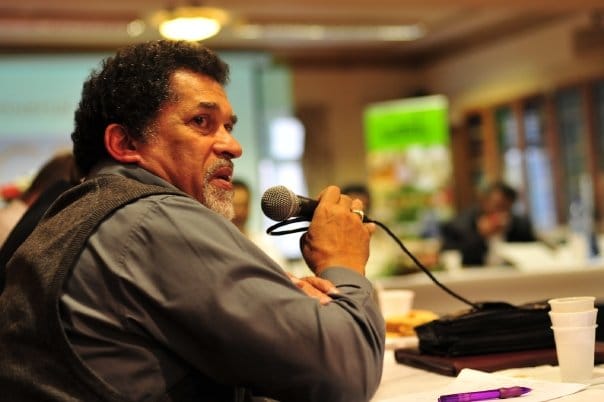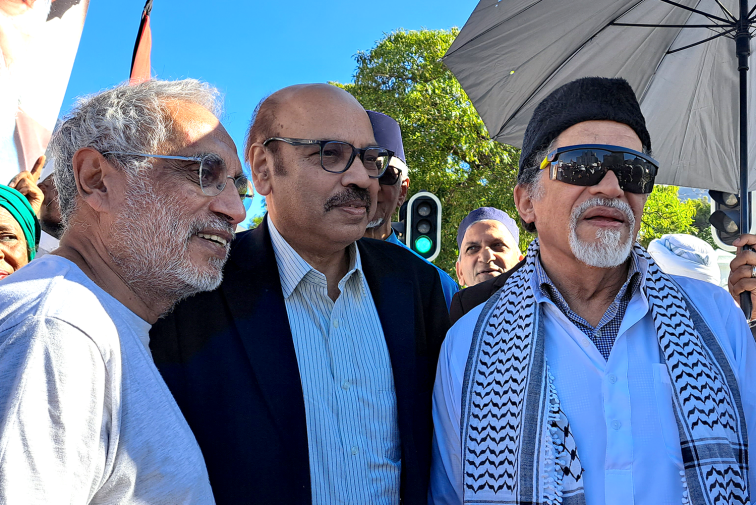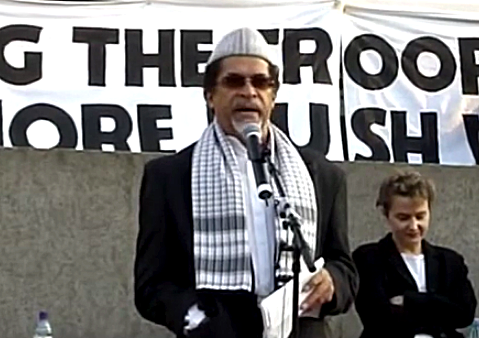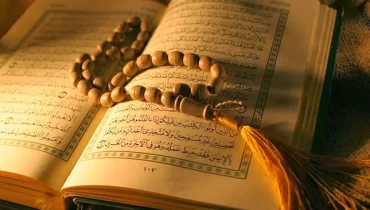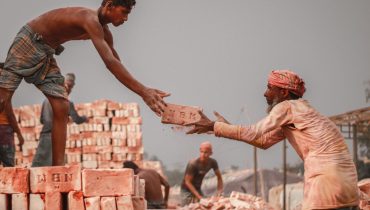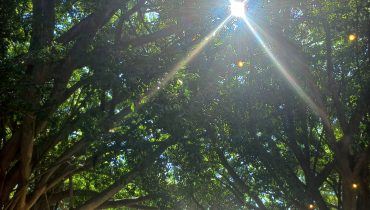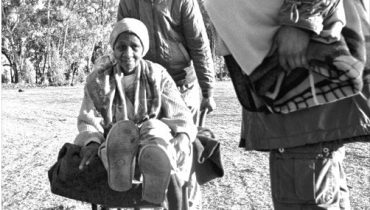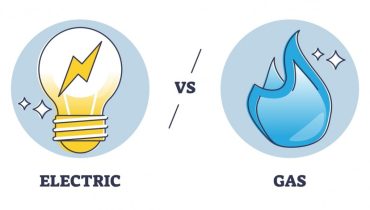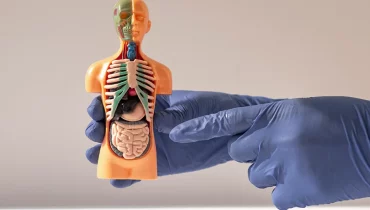Like many anti-apartheid activists, Imam Achmad Cassiem became politicised in his youth. The District Six born Cassiem joined the armed struggle when he was just 15. And two years later, he was arrested for his resistance activities, becoming the youngest prisoner on Robben Island.
During his incarceration, Cassiem was interrogated and denied access to a lawyer or his family. He also attained his Matric certificate and bachelor’s degree in philosophy while in detention.
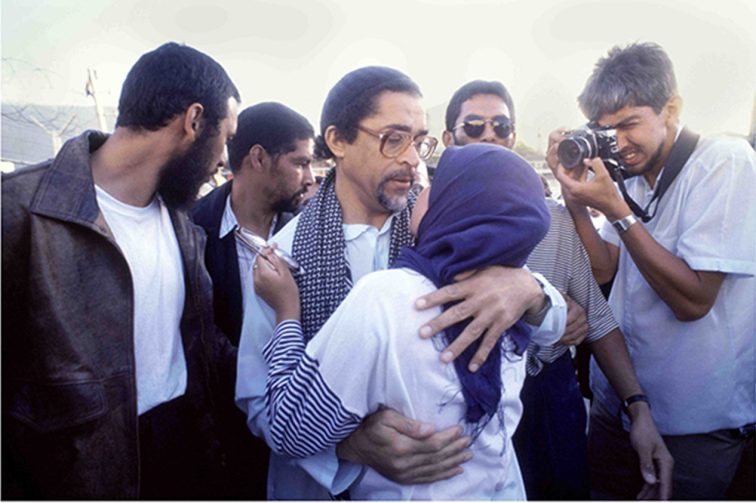
It was during this time that he became an advocate for political prisoner rights. He attempted to alert the International Red Cross and Amnesty International of the torturous conditions on Robben Island.
On his release around 1979, Cassiem founded the Qibla Movement. The organisation used a cell system to ensure secrecy, even amongst its members.
This strategy served to protect its members and their operations in the fight to bring down the Apartheid regime. However, Qibla was still seen as a militant group, even after the 1994 elections. It was the only group to consistently keep the memory of anti-apartheid activist Imam Abdullah Haron alive.
South Africa’s transition from Apartheid to a democratic and inclusive society, also saw the formation of the Islamic Unity Convention (IUC). More than 300 Muslim organisations across the country joined the IUC with a vision to uplift this community. Cassiem is largely credited for leading the ideological direction of this grouping.
The IUC either established or brought several organisations under its umbrella. This included aid organisation, Mustadafin, the Iqraa Foundation, the publication Al-Miftah, and broadcaster Radio 786. Cassiem’s teachings through his Humanology classes saw the ideology of justice and education spreading throughout each of these organisations.
The IUC was also amongst the first Islamic organisations to advocate for women to take on leadership positions, which was rare for Muslim organisations in the early 90s.
Under his leadership and his resistance connections, the IUC hosted a winter university that was attended by renowned thinkers including Russian philosopher Haider Jamal, and French philosopher and resistance fighter, Roger Garaudy.
Despite the rights attained in 1994, Cassiem called for Muslims to boycott the country’s first democratic elections. He argued that the compromises made by the ANC violated the goals of the anti-Apartheid struggle.
Cassiem remained critical of the ANC, and called for South Africa’s new democracy to secure justice for the victims of apartheid before rushing towards peace. Many argue that the government’s push for the reverse, has entrenched and deepened inequality in South Africa.
In 2005 Cassiem led the Pan Africanist Congress (PAC) in the Western Cape and was a strong proponent for the liberation of Palestine, often addressing the Quds rally demanding South Africa’s severing of ties with Zionist Israel.
He was the author of several books including The begging bowl: Hunger, starvation, malnutrition & Muslims as well as Zionist Israel: Hypocrisy Has No Limits.
But until his end, Cassiem a teacher by profession, it was education that drove him. In 2015 he authored the book The Oldest Profession calling for the need to revolutionise education.
Imam Achmad Cassiem, 1945 – 2023


